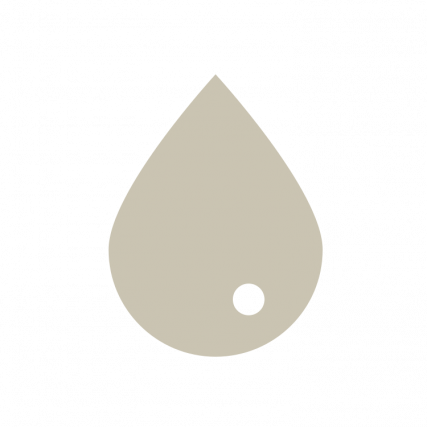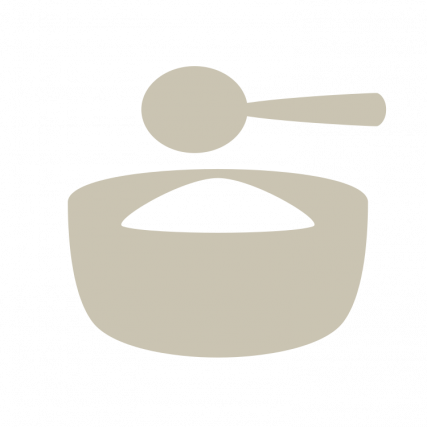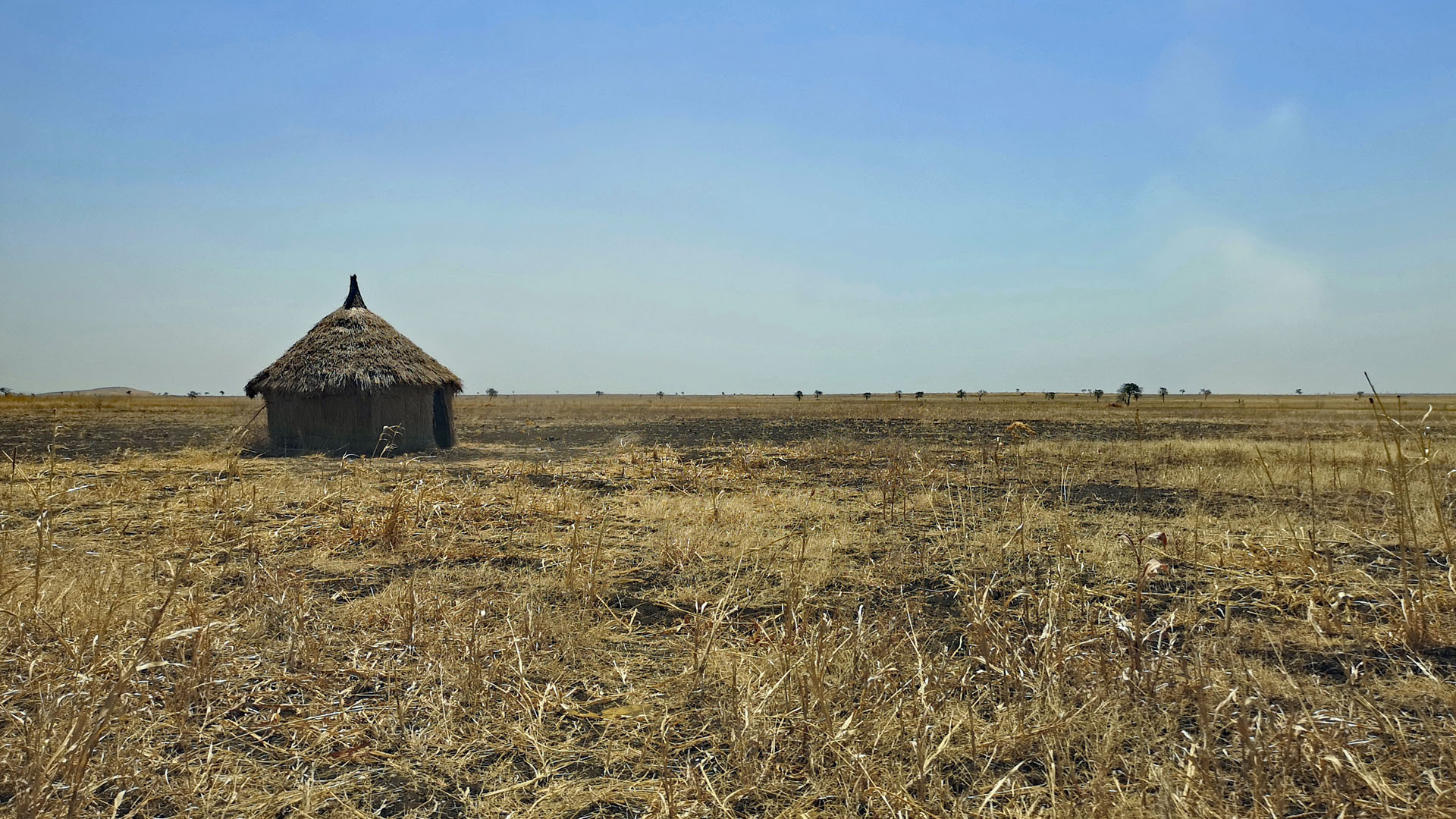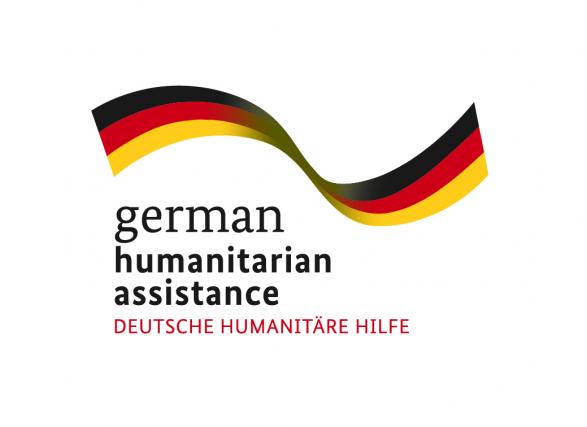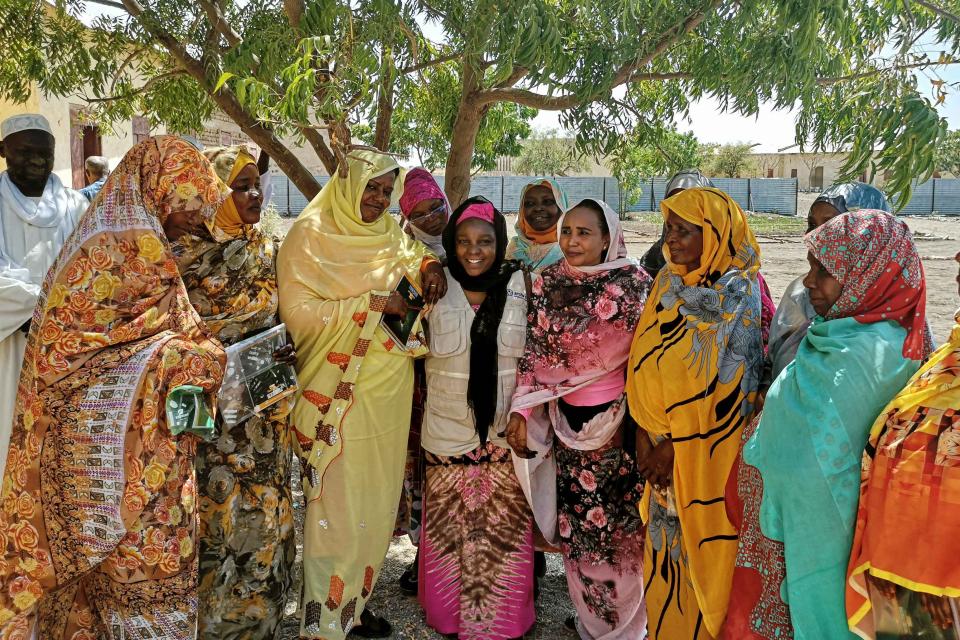
Project implementation restricted due to security situation
In mid-April 2023, fighting broke out again in Sudan. Violence between the parties to the conflict continues. Several hundred people have been killed as a result of the fighting. A state of humanitarian emergency is in effect. The United Nations speaks of 25 million people who need help. Our project is also affected by the situation. Logistics are severely limited, fuel is scarce, and communication lines are repeatedly interrupted. Nevertheless, our local partner organization continues to implement measures, albeit with delays and restrictions. Thereby, the need for help on the spot is growing, because Gedaref State is a place of refuge for many internally displaced persons. arche noVa is planning additional emergency aid.
Shortages, extremely weak economic power and galloping inflation determine the lives of the people in Sudan. Wheat prices alone rose by more than 200 percent in 2022. The background is formed by problems from past decades, as well as the continuing unstable conditions and power struggles in the country. In addition, there are frequent droughts in some parts of the country, but also the international upheavals on the commodities market as a result of the war in Ukraine. A large part of the population is dependent on food aid.
The main goal of our work in Sudan is to strengthen the village communities in our project area in Gedaref State and increase their resilience. For this project, we were able to win the Sudanese organization FPDO (Friends of Peace and Development Organization) as an implementing partner. It has already been firmly anchored in civil society in many regions of Sudan for years.
Together, we aim to improve agricultural productivity in the project communities, secure access to water and sanitation facilities, and improve the hygiene situation. In doing so, we involve schools, health centers and local community structures in the measures.
Food security: Increasing agricultural yields
Like much of East Africa, eastern Sudan is also affected by climate change. Cyclical floods and droughts destroy agricultural land and wipe out crops. This hits people hard because agriculture is the main income for most families. Working by hand, they cultivate small areas of land that produce only small yields. In this way, they are not only trying to secure their own supply, but are also making an important contribution to providing for the people who are seeking protection in this region as internally displaced persons and as refugees from Ethiopia. The same is true for all people on the ground: for lack of alternatives, they often eat a one-sided diet, which in turn is a cause of malnutrition and undernourishment.
Together with FDPO, we support the affected population in adapting their agriculture to climate change, improving their nutrition and producing more food for sale.
In concrete terms, the participating farmers learn improved cultivation methods and how to plant vegetable gardens. This includes soil preparation, fertilization options and pest control. Participants receive climate-resistant seeds and the necessary tools for sowing and harvesting as well as for simple irrigation. This improves the nutritional situation of the participating families and enables them to sell their products, thus increasing their household income.
Targeted support is also given to households headed by women, who are particularly in need, with other activities. They can take part in training courses on food processing, marketing and business skills.
Basic supplies: Water, sanitation and hygiene
Gedaref State is located far from the capital and has been neglected by the central government for years. As a result, there is a lack of infrastructure. This applies to transportation routes, health care, but also to water and sanitation. A large majority of the population complains that they do not have sufficient access to water. Insufficient refers primarily to the amount that can be procured, but also to accessibility. Long distances to the nearest water point, long queues or high prices characterize the poor supply situation. In many places, water systems are completely missing, and even more frequently, existing facilities are worn out and dilapidated.
To improve the supply in our project area, existing but broken hand pumps are being repaired in ten villages and ten new hand pumps are being built. Around 500 villagers will benefit from each of these. Water committees are formed from their ranks at each location. They are responsible for the operation and long-term maintenance of the facilities. To this end, they are trained and equipped with tools and spare parts.
In addition, two boreholes will be expanded. Plans include a solar system as an additional power source for the pump at one of the sites and the installation of a 10,000-liter water tank including a standpipe for dispensing water. All work is carried out in coordination with the relevant local authorities and in exchange with other aid organizations active on site. The selection of project villages is based on a systematic needs assessment.
This also applies to the selection of schools and health centers where new sanitary facilities are being built. A total of eight facilities will receive new, gender-segregated toilets. This is an important contribution to local health care. Because a lack of sanitation and poor hygienic conditions increase the risk of preventable diseases, we are supporting the communities. Hygiene committees are established and trained with specially adapted training courses. The topics range from medical background knowledge and simple rules of conduct such as hand washing to knowledge of methods used to motivate people to change their behavior. As "hygiene professionals," the committees will reach out to people in the communities and pass on their knowledge.
Project Overview
Humanitarian response in WASH and Food Security for people affected by multiple natural hazards and conflicts in Sudan
156.900 Beneficiaries in Gedaref State
- construction and rehabilitation of water points/water tanks and filtersystems
- install 10 new and rehaibilitate 10 hand pumps
- upgrade 2 boreholes by solar system.
- formation and support of water user committees including kits
- construction of 8 latrines in schools and health centres
- hygiene promotion
- training of 500 farmers on good agriculture practices (GAP) complemented by distribution of seeds and tools
- training of 300 female led households on kitchen gardening complemented by distribution of seeds and simple irrigation kits
- training of 450 vulnerable women on food processing, savings/credit, marketing and business management
Friends of Peace and Development Organization (FPDO)
German Foreign Office

